
Video Library
Our Full training Video Catalogue - Fundamentals Lessons, our Puppy Diaries, Deep Dive content and more.
The best teacher for a dog will always be another dog. No one speaks their language better.
-

Recall and Reinforcement | Deep Dive
Understanding Reinforcement Four
In this video, we go through a practical demonstration on building drive when reinforcing a recall - using a ball to create chase and competition.
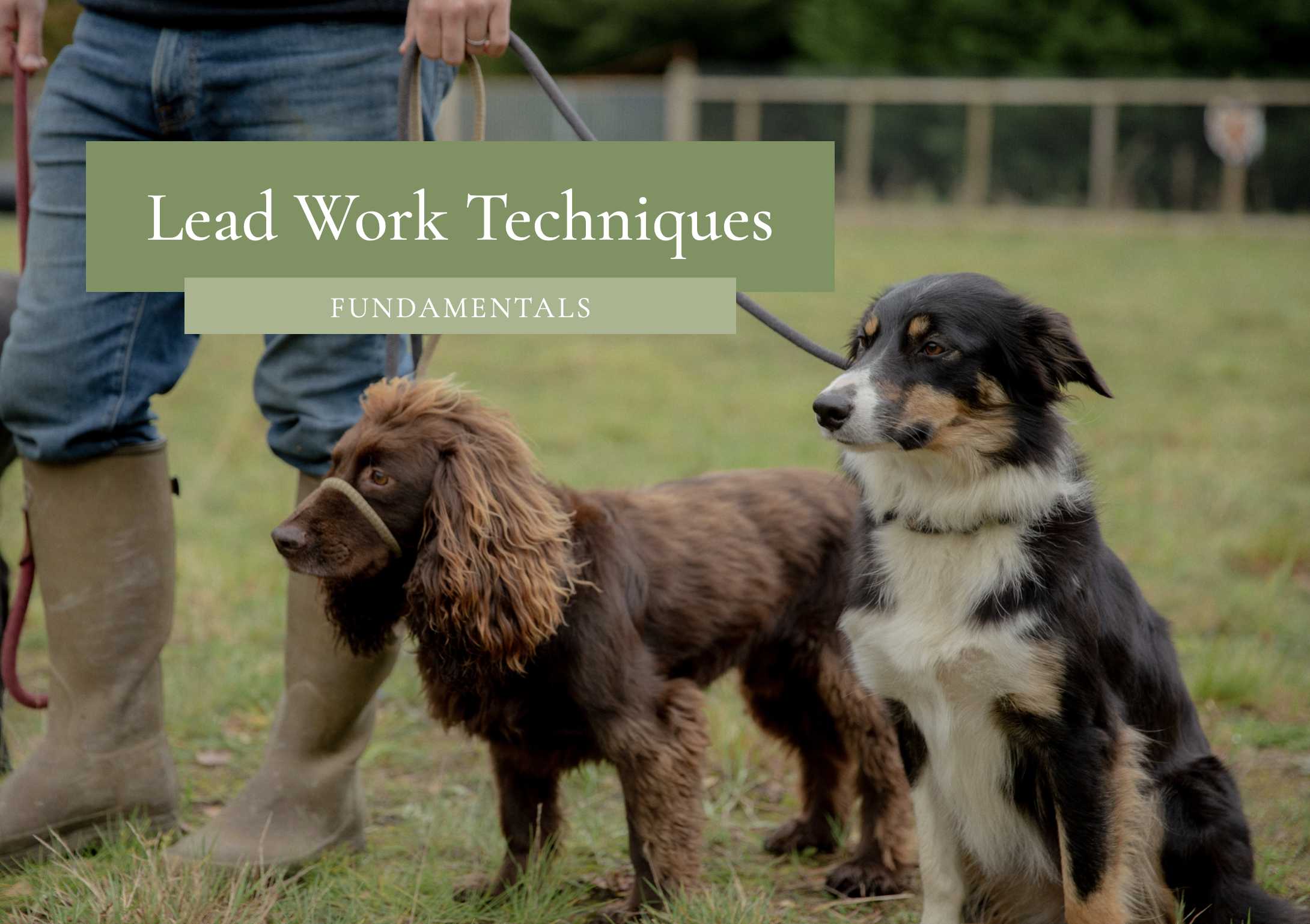
Lead Work Techniques | Fundamentals
In this video, we explore the fundamentals of lead work - including how to hold the lead and manage your lead length, as well as looking at common systems for asking your dog to walk nicely on a lead.
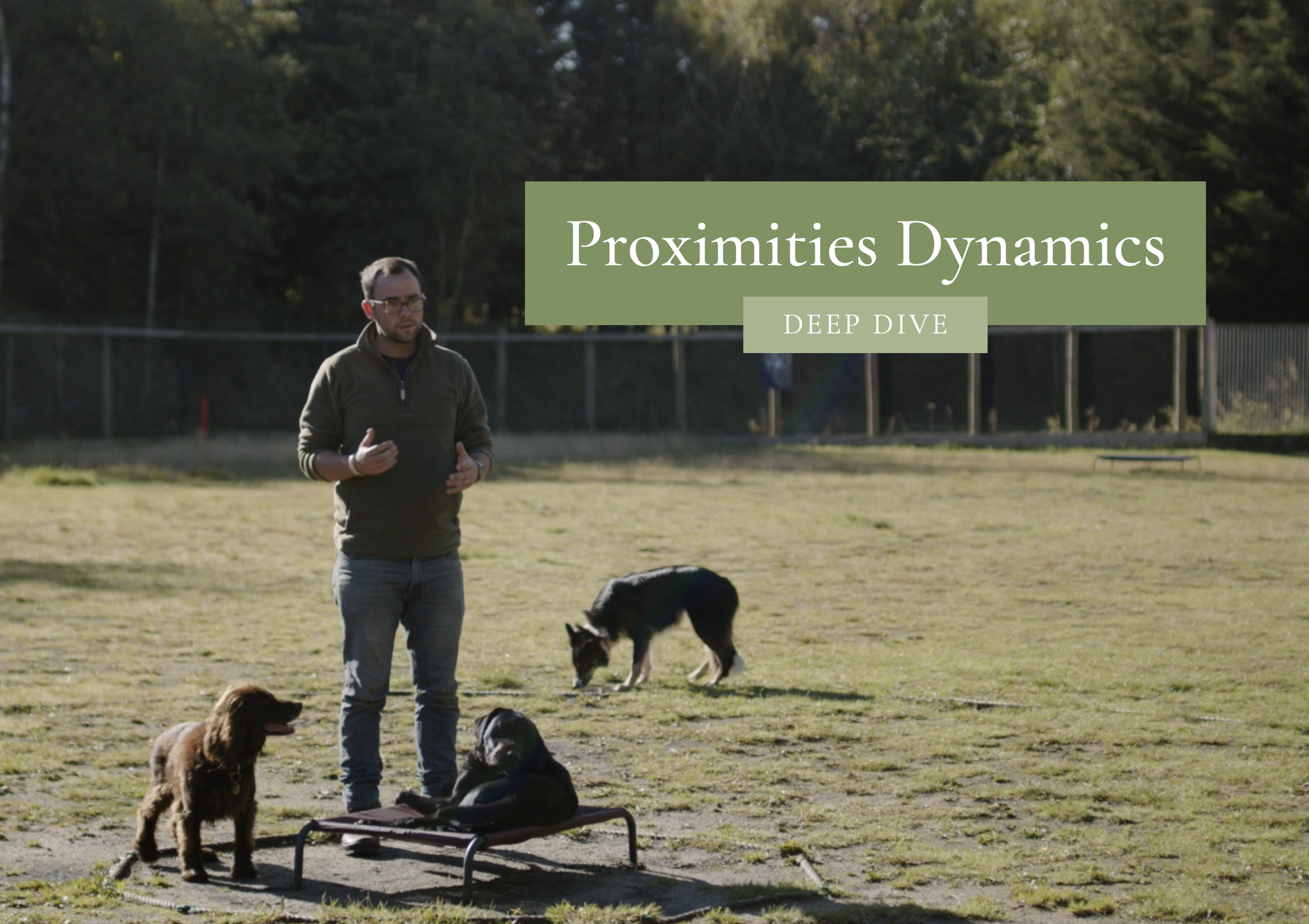
Proximities Dynamics | Deep Dive
In this video, we take a deep dive into Proximities, or Proximities Dynamics - which is a way of exploring and assessing how our dogs experience space. You can learn a huge amount about your dogs behaviour by looking at how they interact in your space, and the space of other dogs and people.
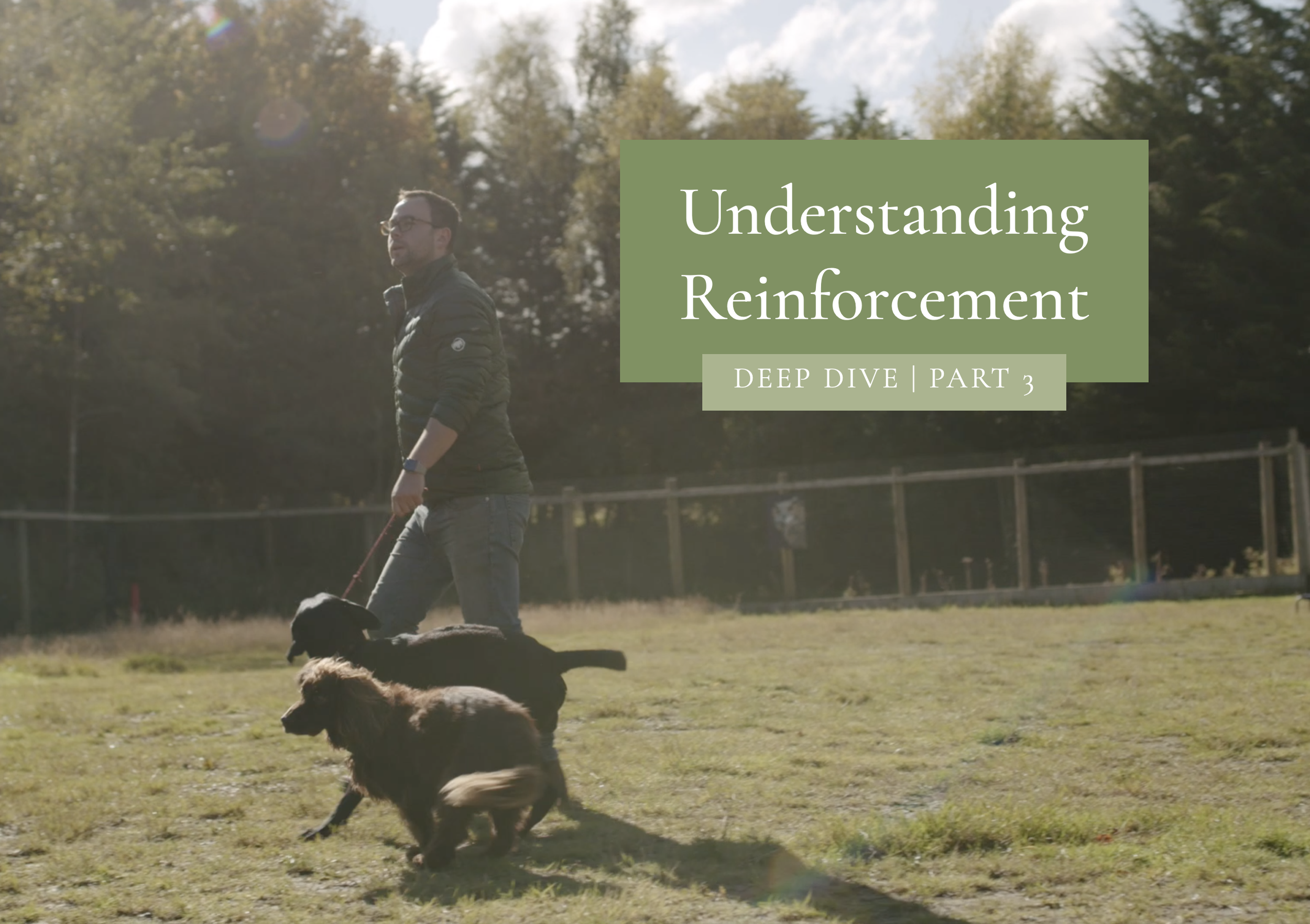
Understanding Reinforcement | Deep Dive Three - An Evolutionary Perspective on Reinforcement
In this 3rd video on our reinforcement series, we discuss an evolutionary perspective on reinforcement - exploring predatory success rates, and why predatory animals are hardwired to keep trying to succeed at things that are only sometimes successful.

Understanding Reinforcement | Deep Dive Two
What is a high value reward - from a dogs perspective? In this video, we discuss the trend of high value rewards - where they’ve come from, and whether or not they are received in the way that we think by our dogs.
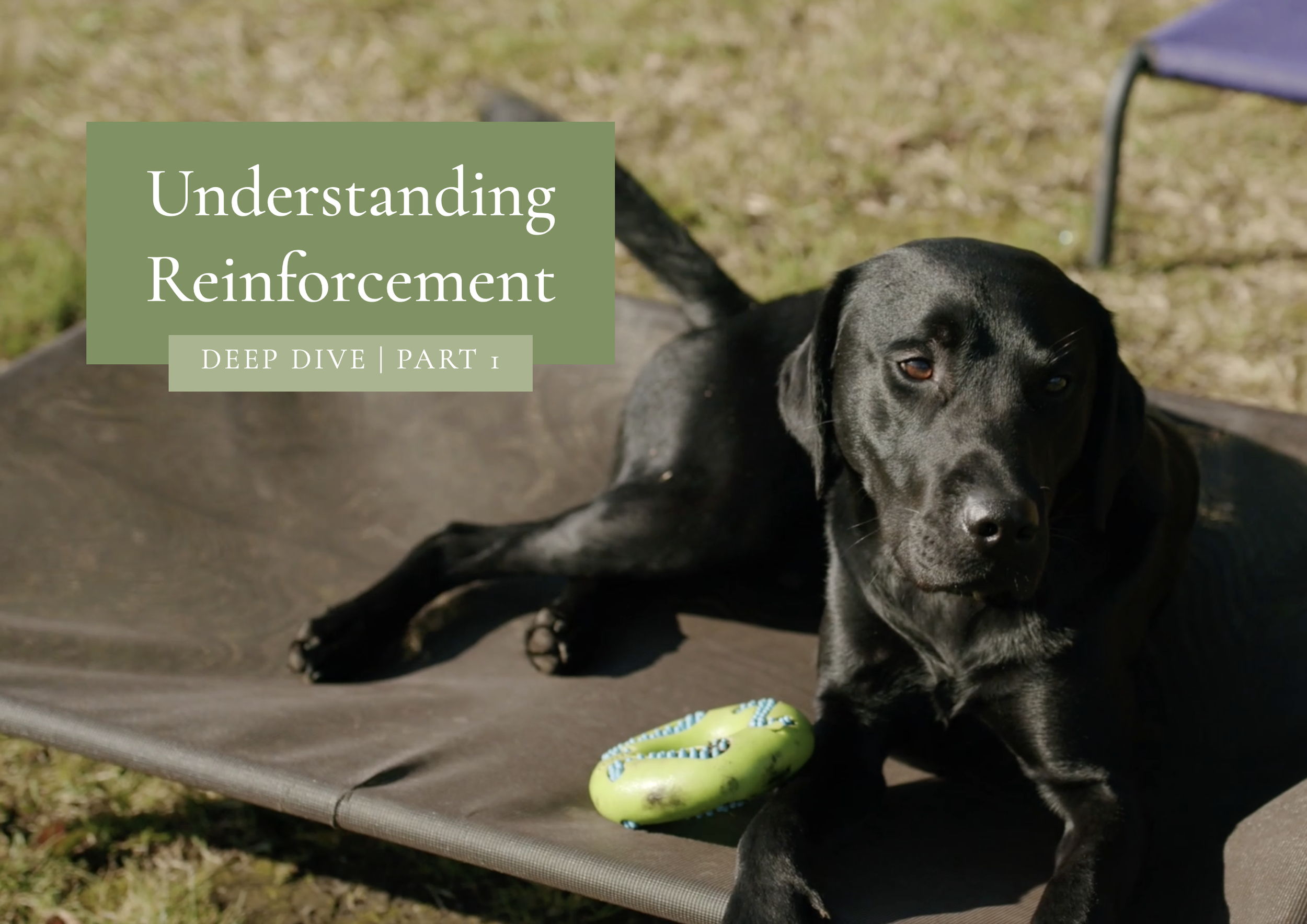
Understanding Reinforcement | Deep Dive One
In this first part of our series on understanding reinforcement we discuss what reinforcement means from a dog psychology perspective, and the difference in how it compares to the more human, moralistic experience of “Reward”.
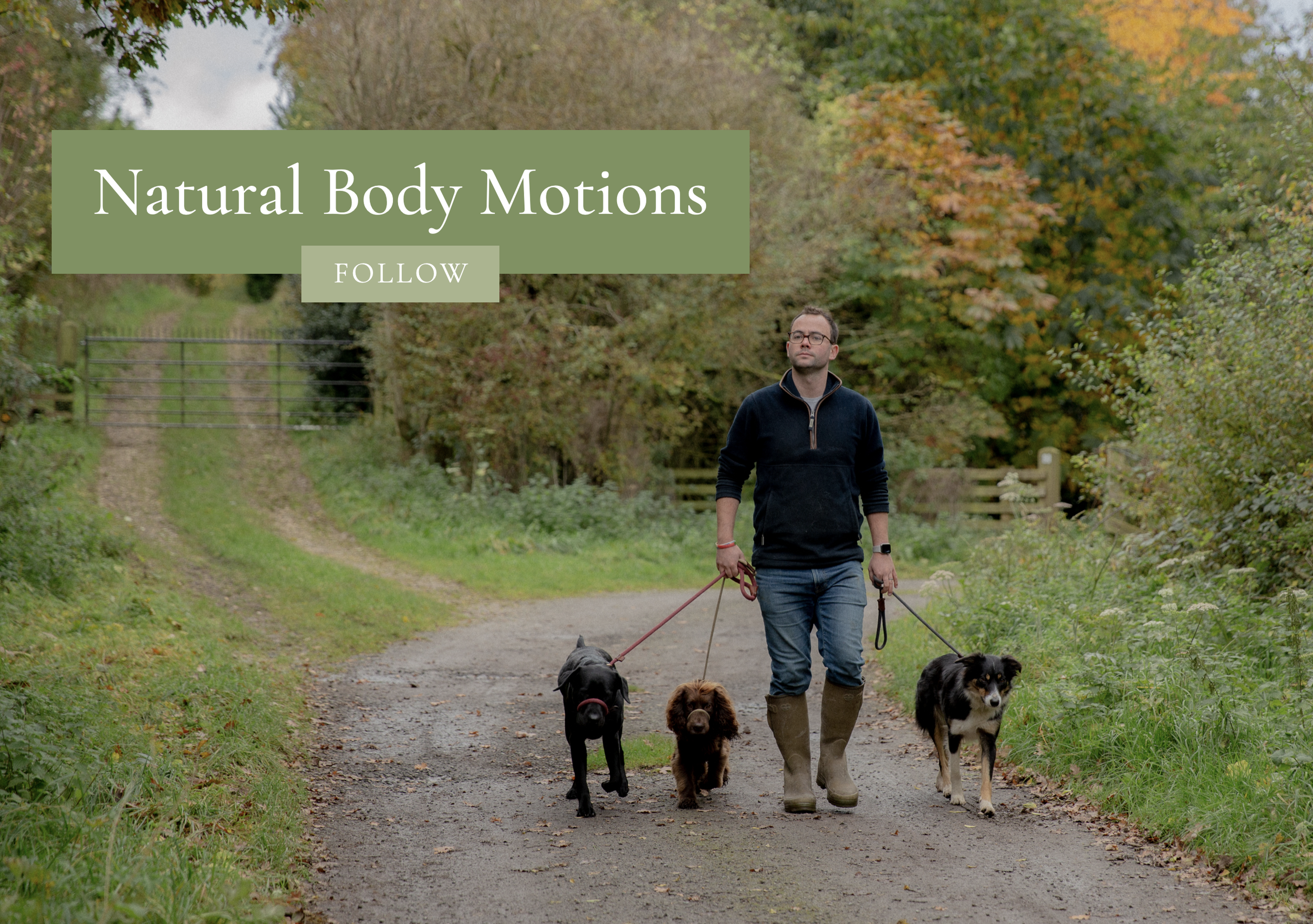
Natural Body Motions | Follow
In this fundamentals video, we discuss heel work, and the natural motion of the follower state - a simple way of helping your dogs to understand what it means to stay close to you when needed.

Separation Anxiety | Deep Dive Part Two - Independent Sleep Routine
In Part 2 of our Separation Anxiety Deep dive, we explore the importance and benefits of an independent sleep routine when it comes to preparing to leaving your dog on their own.
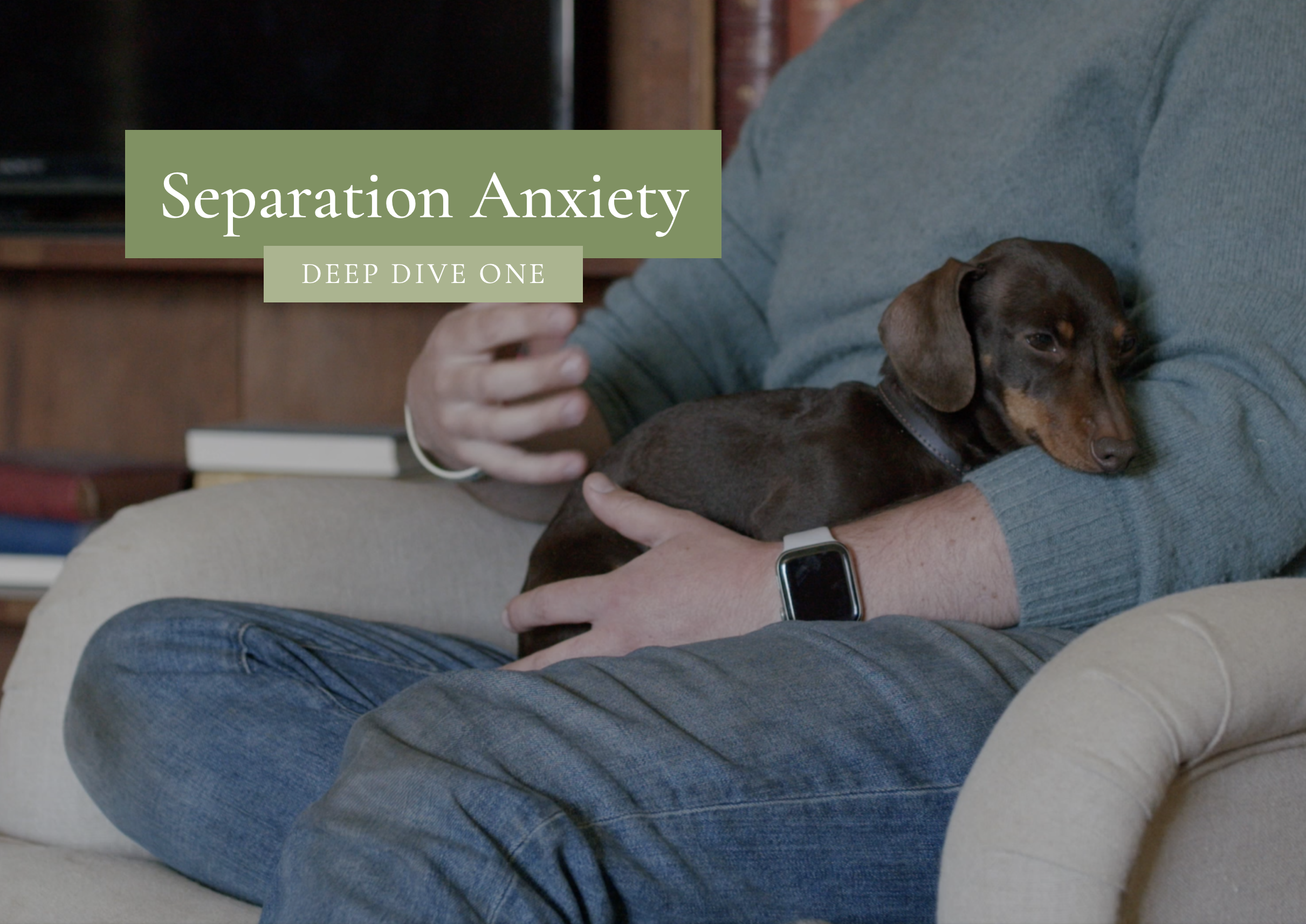
Separation Anxiety | Deep Dive Part One - independent Relaxation
In this deep dive, we explore the first stage of our training on resolving separation related issues - Independent Relaxation.

Separation Anxiety | Fundamentals
In this video, we discuss the fundamentals Separation Anxiety, as an introduction to our Separation Anxiety Deep Dive.

Exposure to prey
Keeping your dog calm around prey animals and other moving objects like cars, bikes and scooters is something best practiced early and maintained later in life. In this video we explore the activities I practice with Théo to help him relax around birds.
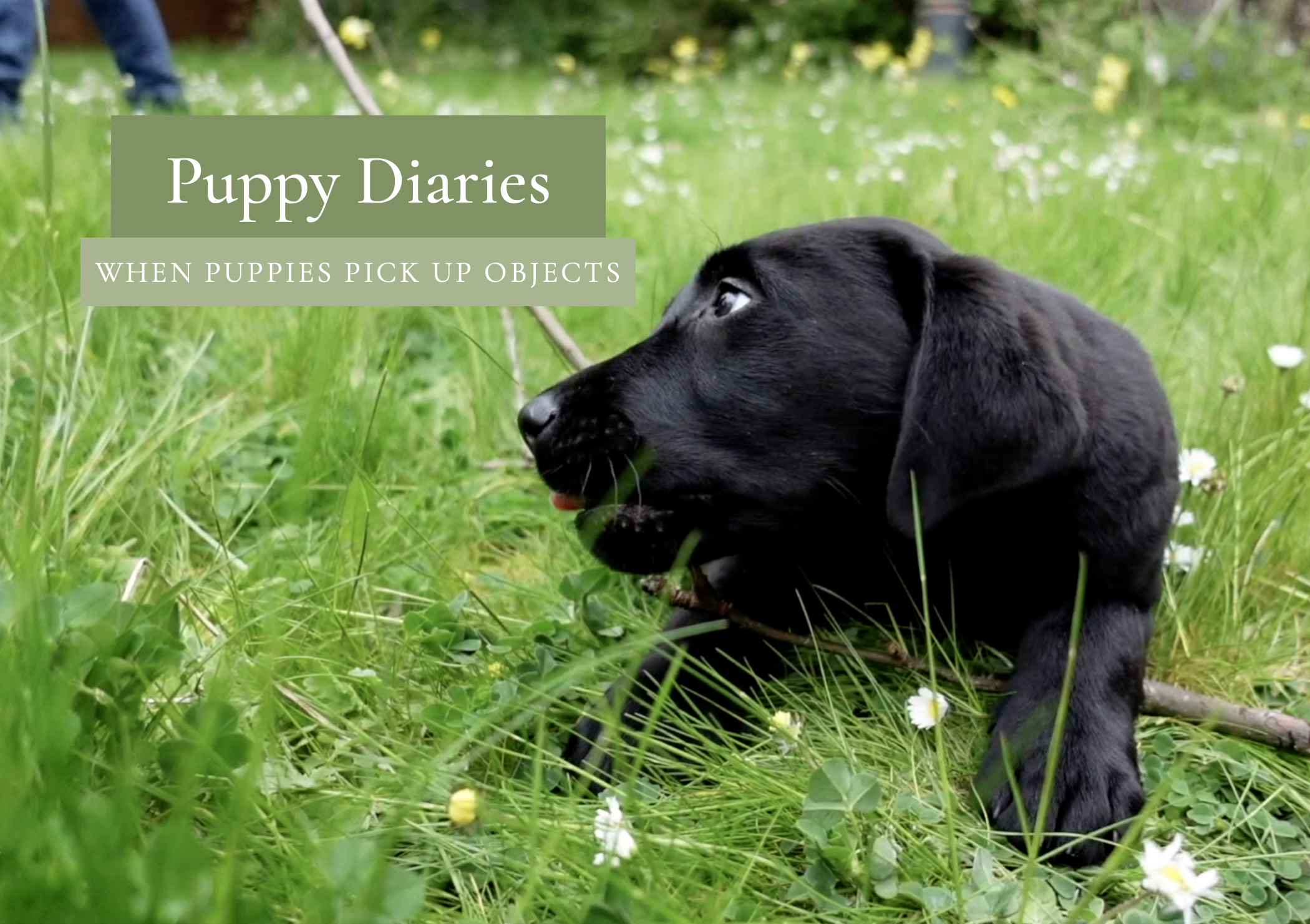
Puppy Diaries | When Puppies pick up objects
Picking up objects that they find is a very normal part of being a Puppy. How you respond can have a big impact on how your puppy perceives the value of these objects, and over time can be a significant factor in how guarding or possessive behaviours form.
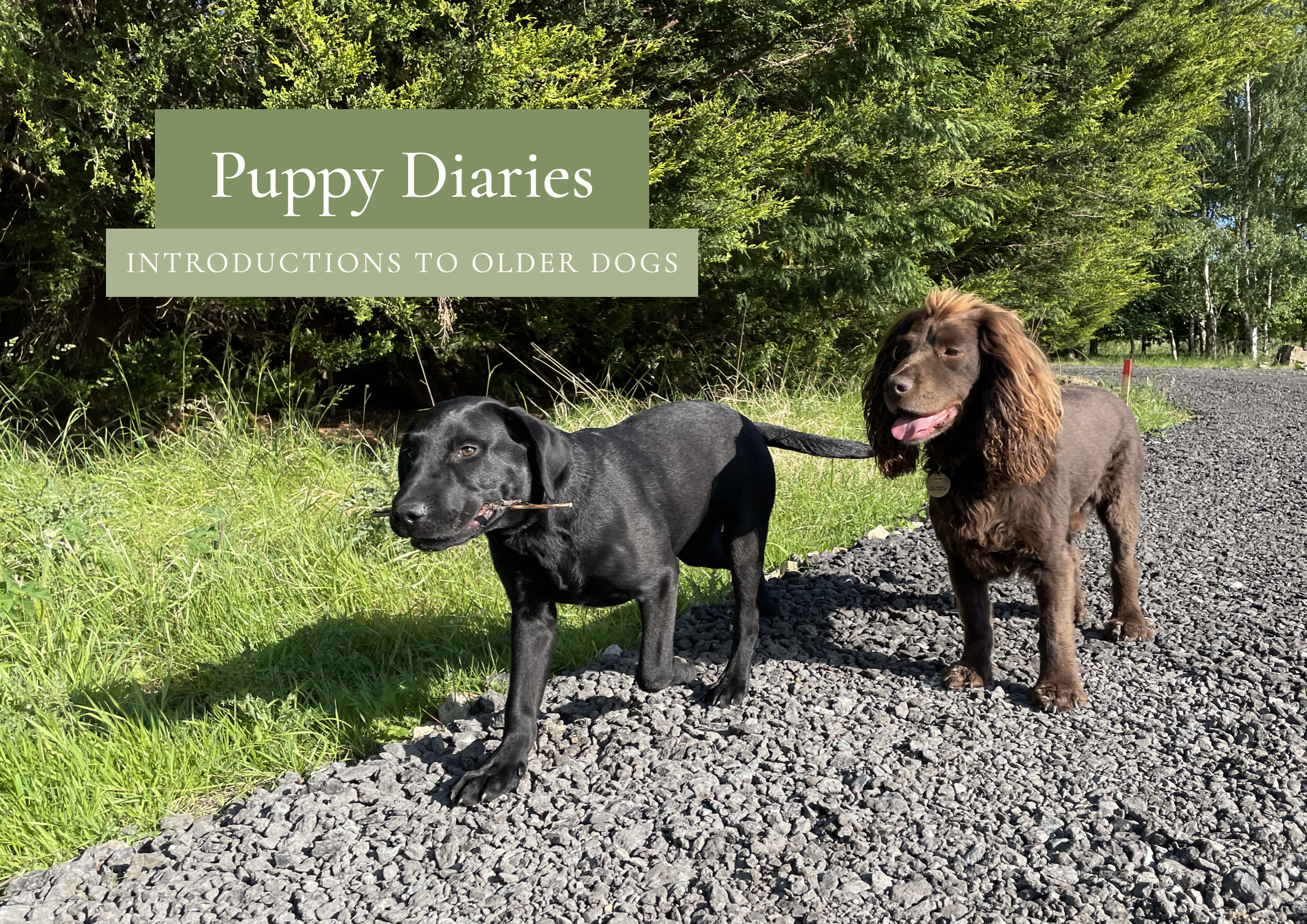
Puppy Diaries | Introducing a Sensitive Dog to a Puppy
In this deep dive, we explore the process of introducing Charlie - a very sensitive temperament of dog, to new puppy Théo. Handling these situations in the right way sets both dogs up to succeed, by slowing down the process so that both the older dog and the younger puppy have time to get to know each other and build trust.

Neutral Exposure and Exercise Limits
Proper exposure to the world around them builds confidence and resilience in young puppies - but what exactly should this look like? And how can you balance out these needs whilst ensuring your puppy is getting the appropriate level of exercise they need?

Puppy Diaries | Good Habits for Toys and Chews
How many toys and chews does your dog need? One? Five? One hundred? In this video we discuss healthy habits for sharing objects, and the most useful toys and chews to have around with a young puppy.

Puppy Diaries | Morning Routine Boundaries
Rules Boundaries and limitations are an essential part of raising your puppy in a safe way that allows them to succeed in a human world. In this video, we look at good habits for waking up in the morning, and how to disagree effectively when Theo decides to start chewing on some Ivy (which is poisonous).

Puppy Diaries | Exiting the Crate
When it comes to leaving and exiting the crate, the key word is calmness. One of the main habits that puppies get into is barking and being very excited and frustrated in order to get out of the crate, and when we let our puppies out in a rush, we build this bad habit over time. In this video, we begin to introduce the idea of how to come out of the crate calmly, using a place imprint.
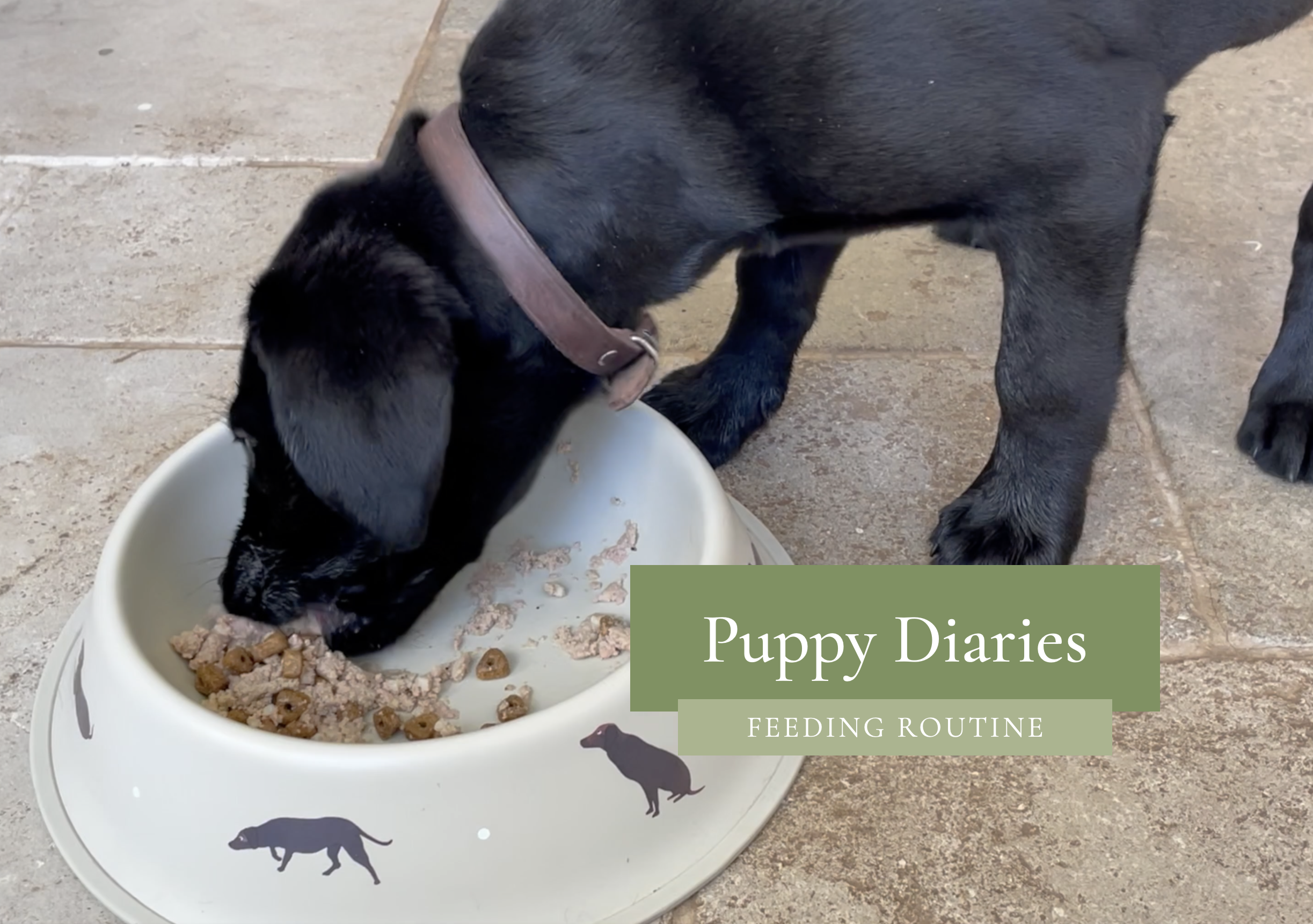
Puppy Diaries | Feeding Routine
Most people are taught an obedience based, ‘ready steady go’ approach to feeding dogs, which is suboptimal when it comes to forming the right associations. In this video, we explore a structure that helps puppies practice calmness and boundaries around food, without adding too much tension.
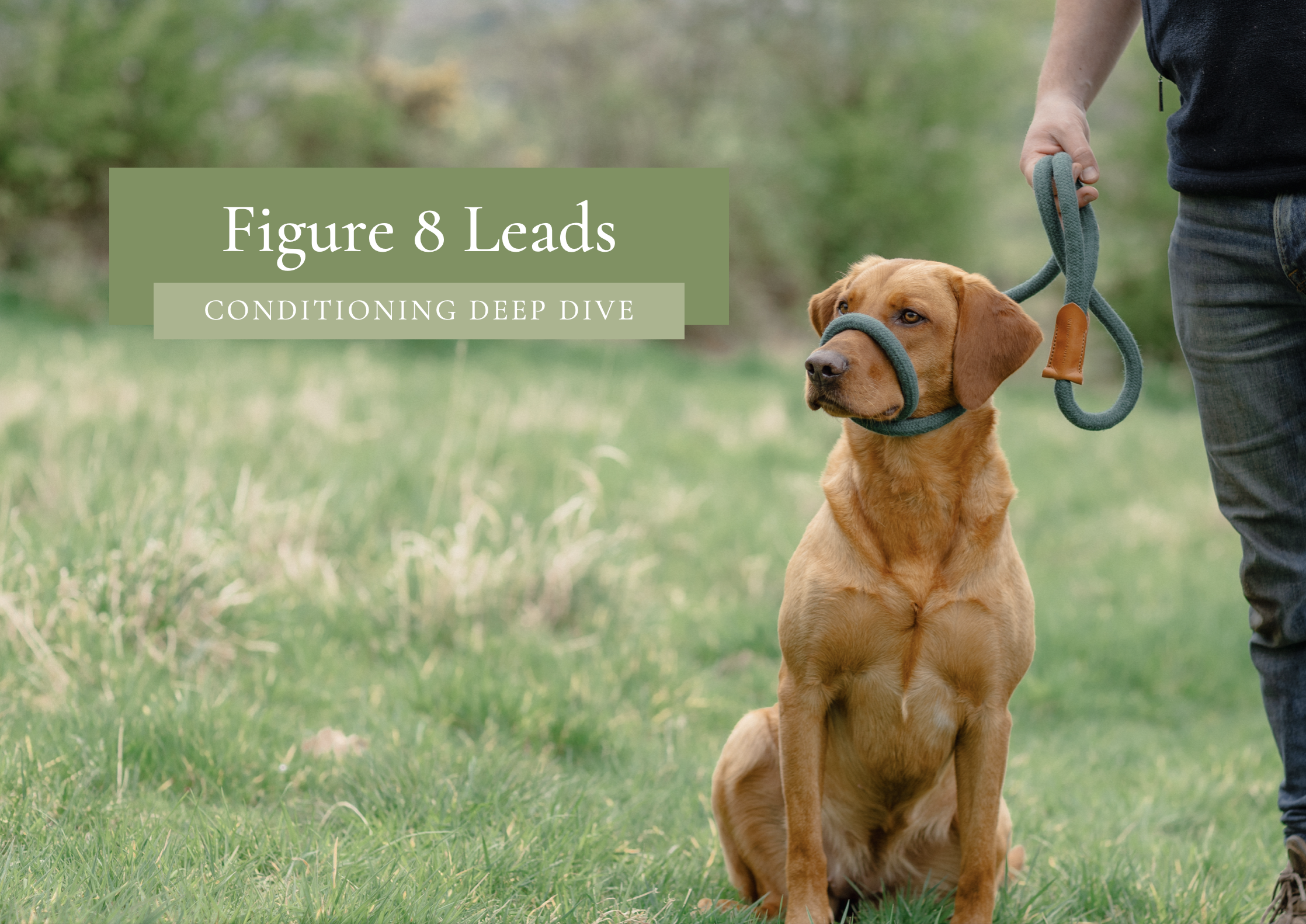
Figure 8 Leads | Conditioning Deep Dive
In this video, we do a deep dive into the process of introducing the figure 8 lead to Layla the Border Collie.

Leadwork | Figure 8 Leads | Safety, Comfort & Control
In this video, we discuss the factors that motivate our decisions around the right tools for our dogs - and we look at the benefits of a Figure 8 lead for balancing out safety, comfort and control.

Leadwork | Figure 8 Leads | Conditioning Protocol
When conditioning a Figure 8, or other head collars to use for safe walking, there is a protocol that I always follow to make the process as easy as possible.
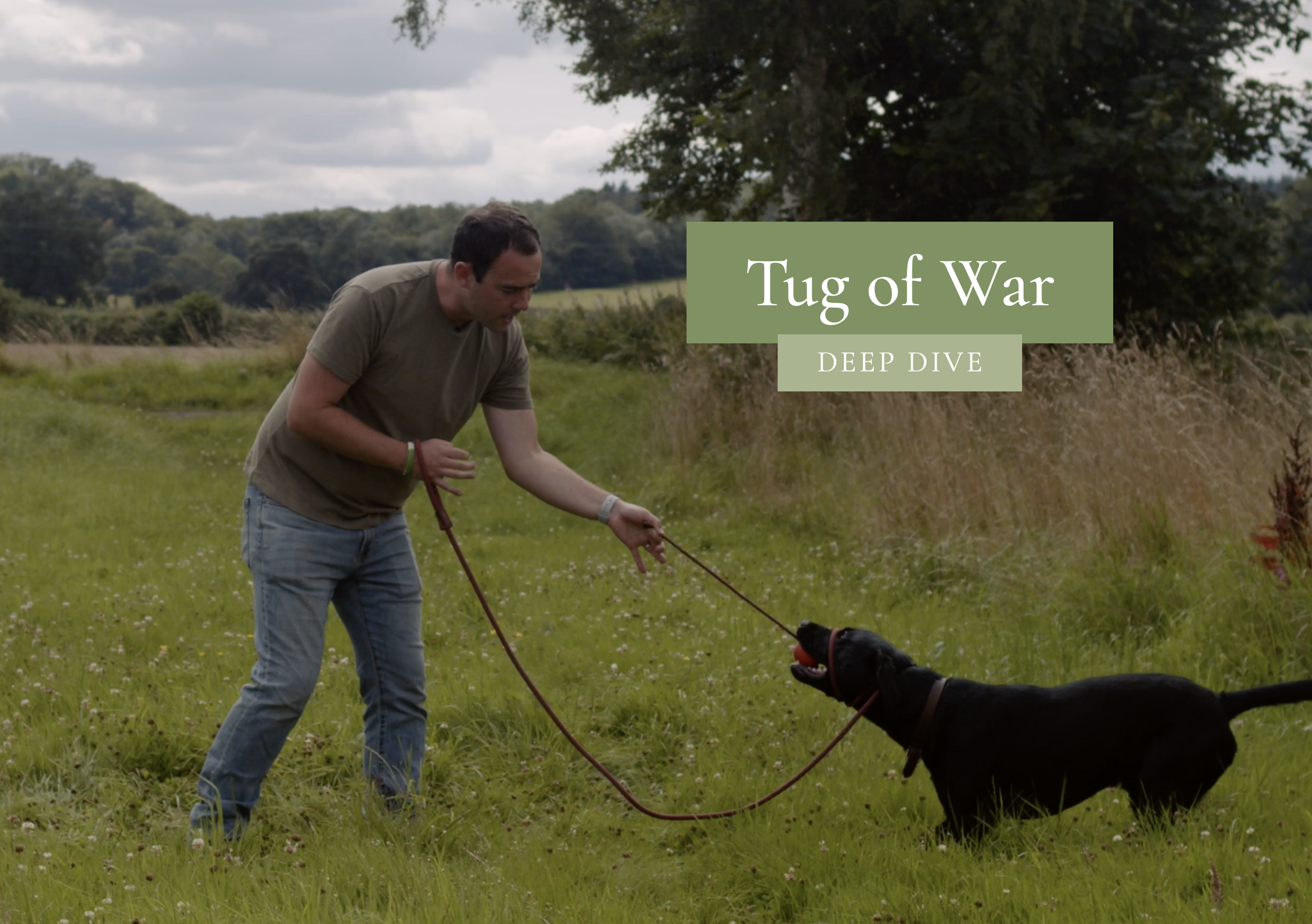
Tug of War | Deep Dive
Should you play tug with your dog, or not? In this Deep Dive, we explore the pros and cons of this popular game, and discuss healthy habits.
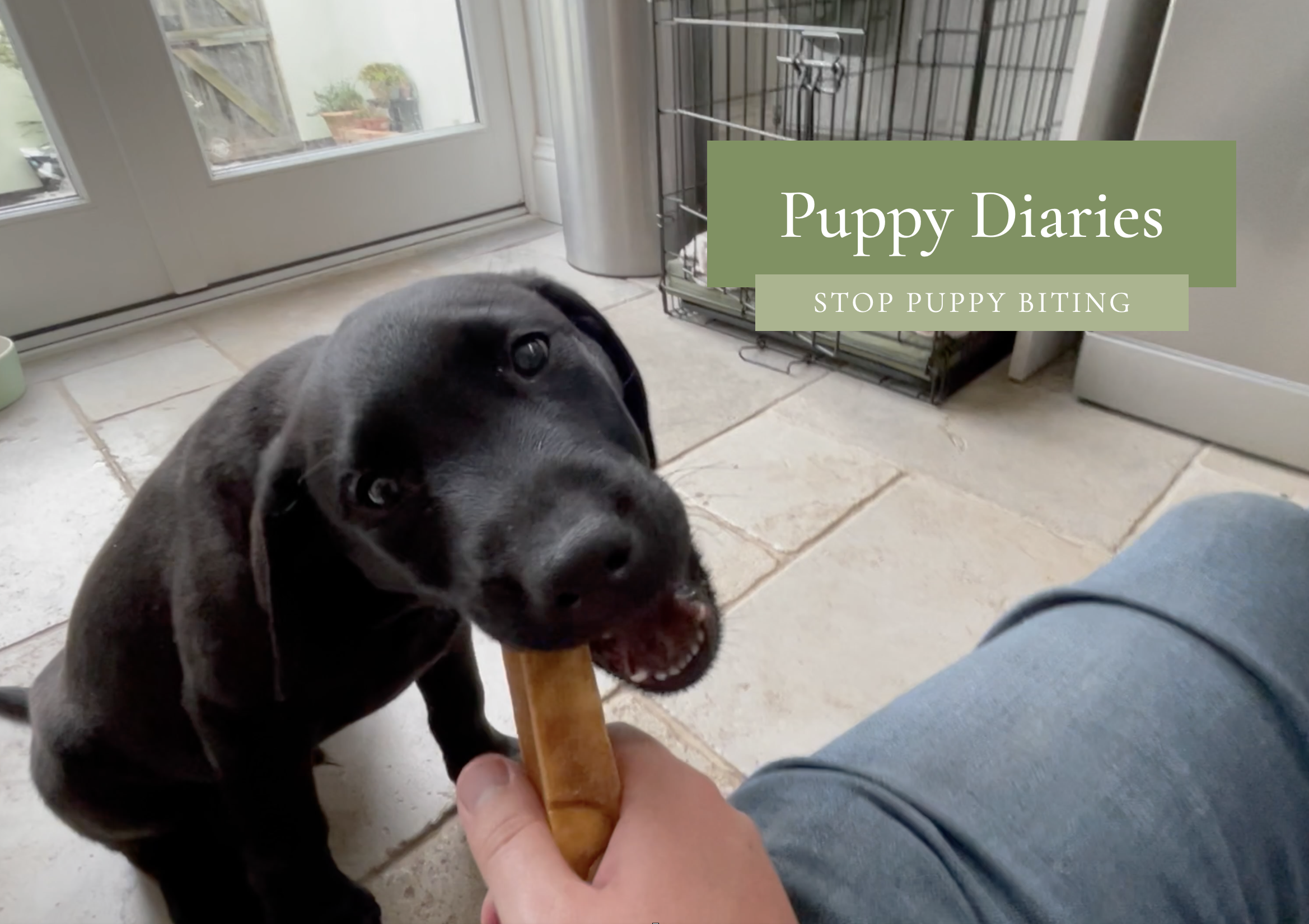
Puppy Diaries | Stopping Teething, Mouthing and Biting
Sharing a chew with your puppy, and teaching them how to receive it and give it calmly is an essential skill to get in place early on. Building on the touch imprint, and expanding on conflict resolution principles builds a solid foundation to prevent guarding issues further along the line.

Puppy Diaries | Conflict Resolution Fundamentals
In this Video, we explore Conflict Resolution - the principle of disagreeing with behaviours you don’t want, and resolving those disagreements effectively.
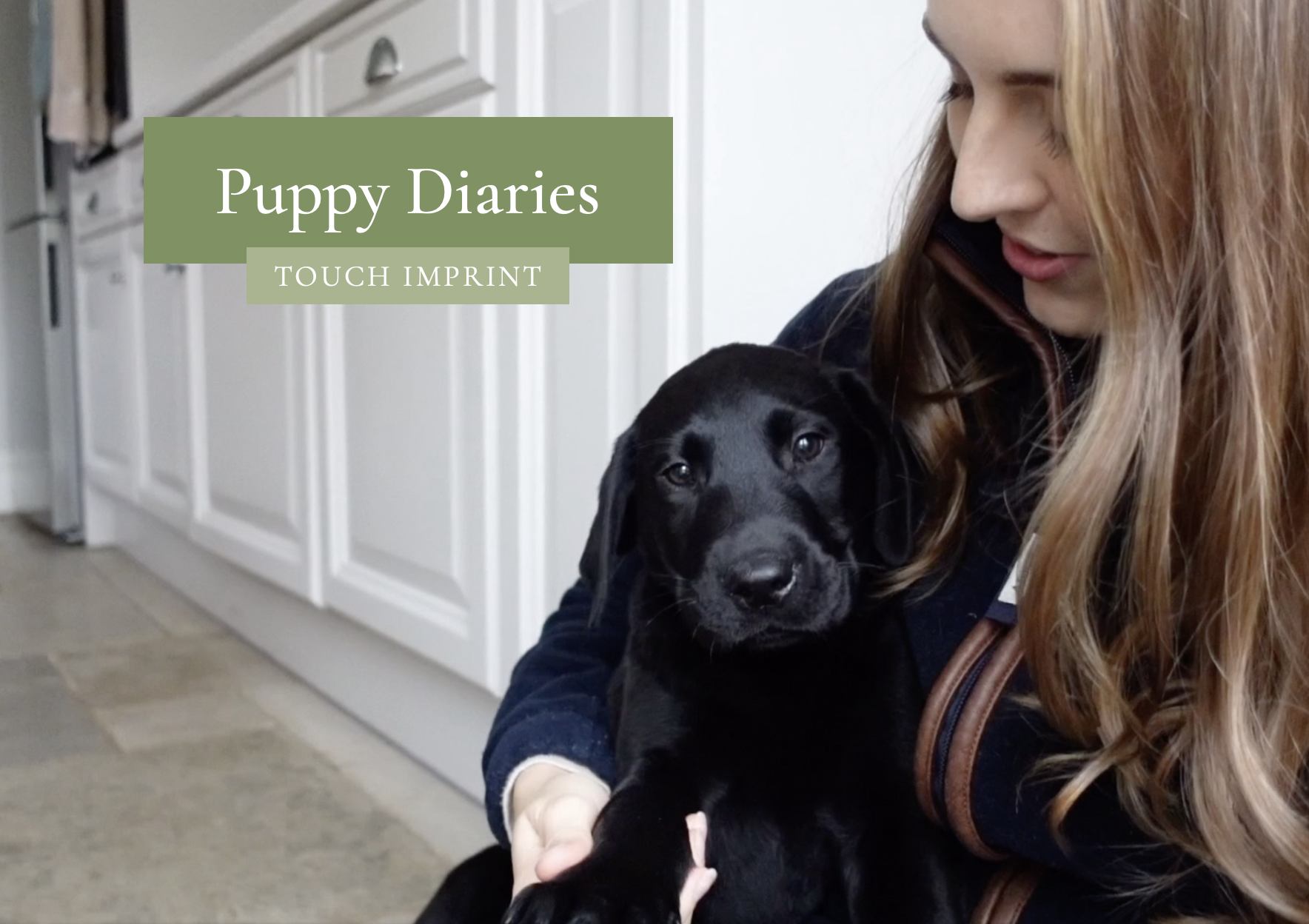
Puppy Diaries | Touch Imprint - Nurturing Calmness
One of the first things to practice with any new Puppy - an imprint with touch that represents calmness, gentleness and relaxation. Prevent puppy biting and resolve conflicts with calmness as an outcome.
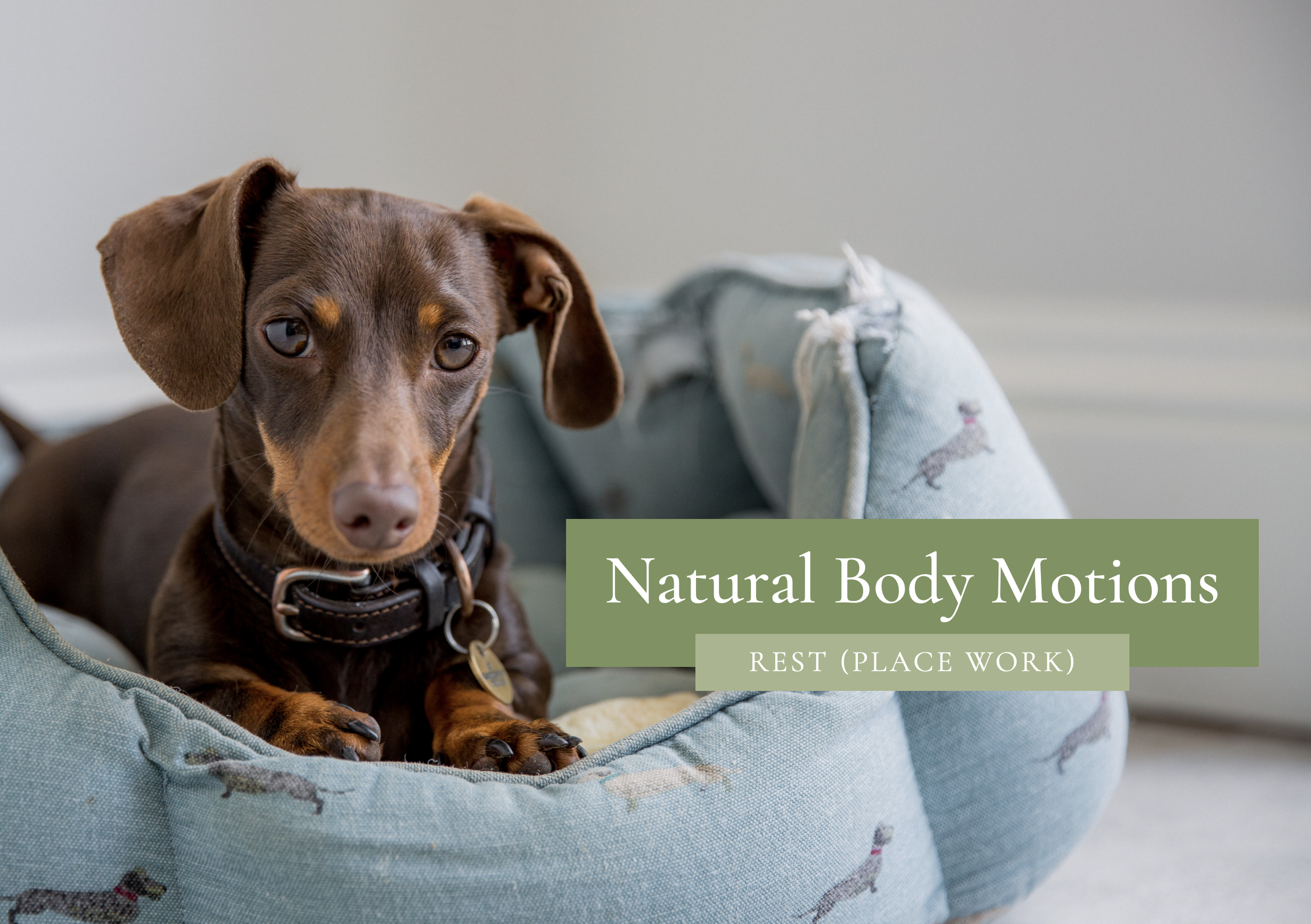
Natural Body Motions | Rest (Place Work)
Place work is a true keystone activity to teach and practice with your dog - the best way to create a relaxed and calm state of mind. Learn this natural body motion for rest - and apply it in a huge range of different scenarios.

Natural Body Motions | Sit
Teaching a calm, relaxed sit without food.
In this video, we explore the benefits of teaching a natural, relaxed sit in a way that nurtures a calm, peaceful state of mind.
